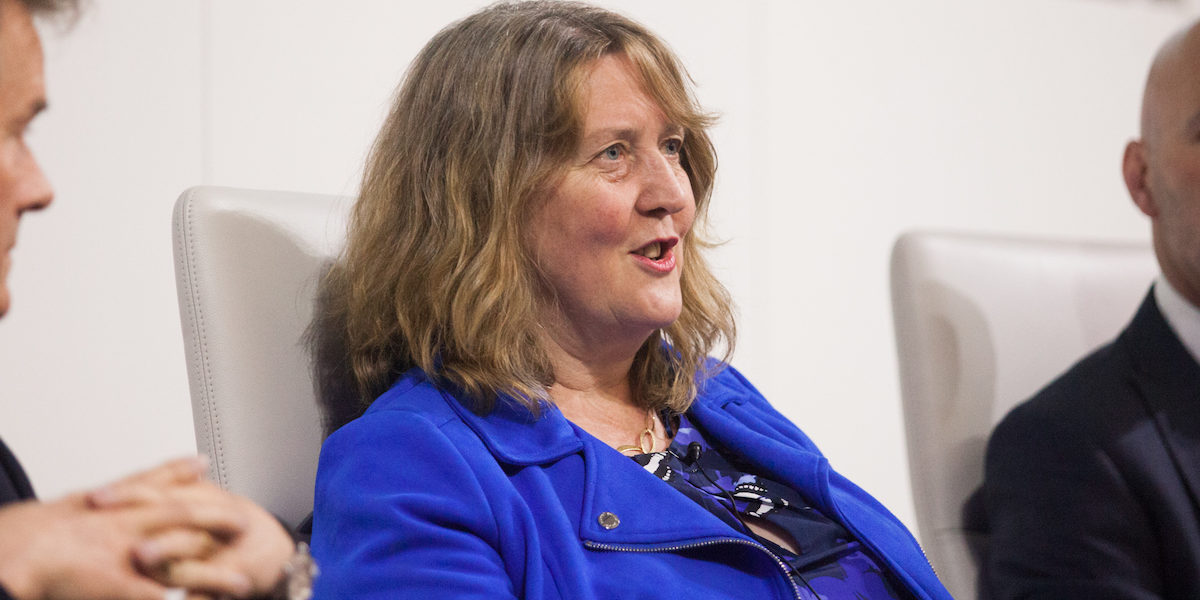 Insight
Insight


Yesterday, the Social Mobility Commission released their State of the Nation 2018-19 report, which painted a mixed view of social mobility in the UK.
It was disappointing to see that inequality is still such a huge issue in the UK, and one that doesn’t appear to be getting any better. As the report states, ‘being born privileged in Britain means that you are likely to remain privileged. Being born disadvantaged however, means that you may have to overcome a series of barriers to ensure that your children are not stuck in the same trap.’ This is something we see regularly through the work of our partners in communities throughout the UK. Inequality is rife, and it doesn’t appear to be getting any better.
The report highlights a huge issue in the workplace, with those from better off backgrounds almost 80% more likely to be in a professional job than people from working class backgrounds. And this is exacerbated by a vicious circle on disadvantage in terms of workplace skills – 49% of the poorest adults have received no training since leaving school, compared to 20% of the richest adults. This means those on low pay, or with a lower basic level of skills, are often trapped in low paying jobs, without the opportunity to upskill. This means they are being excluded from new opportunities.
The report makes two recommendations that I welcome:
We are keen to work with our partners in the Department for Education, and across Government, to support this activity. The Online Centres Network is already reaching those that are being left behind by more formal education. The network has supported over 2.5 million people to improve their basic digital skills since 2010, and over 80% of these people are socially excluded. The impact these improved skills have on individuals is significant, with 86% progressing to further learning, and 76% progressing to positive employment outcomes.
Digital presents a huge opportunity to overcome some of the challenges of social mobility. We know that if you have no basic digital skills, you’re at a disadvantage in today’s world. You’ll struggle to search and apply for jobs, create a CV and to keep progressing within the workplace. Working age adults in households in the DE bracket are three times more likely to be non-internet users, despite them having the most to benefit from digital. And digital exclusion also exacerbates the poverty premium, as people on the lowest incomes can save £516 a year by being able to compare prices for goods and services. So it’s no surprise social mobility is grinding to a halt.
That’s why we’re calling on government and other partners to make a clear commitment to getting 100% of the nation digitally included through our Bridging the Digital Divide campaign. Last year, our Blueprint for a 100% Digitally Included Nation set out a 6 point action plan devised that would help address Britain’s stagnant social mobility and ensure that we can give digital skills to those who will benefit most. We’re keen to see free essential digital skills support for those who need it, delivered in the community so people can benefit from trusted faces in local places. We want to see employers take responsibility for 100% of their own staff having basic digital skills. And we want to make digital a social priority, bringing together social and digital inclusion to drive social change and help people to increase their confidence, self-efficacy and resilience.
Through closing the digital divide, we will be able to make it easier for those at the bottom of the ladder to climb up it. For the 52% of disadvantaged youths who leave school without a basic qualification and get stuck in low paid work, improving their digital skills will open up opportunities. For adult education – which has been in decline since 2010 – this would give it the much-needed shot in the arm. And for those whose jobs are set to become redundant due to the advent of automation, it will give them the ability to not just survive, but to thrive in a digital economy. Through this blueprint, and working alongside our partners, we hope we’ll be able to press Ctrl+Alt+Delete on Britain’s stagnating social mobility.
We’re proud of our chair, Liz Williams, one of the Commissioners of the report. She is tirelessly committed to social mobility and I know she and the other Commissioners will do all they can to ensure the recommendations in the report have real legs. And so, although the report makes for pretty bleak reading at times, it also presents a real opportunity to address social mobility in the UK, and to ensure that we level the playing field for the benefit of all.
Originally posted here